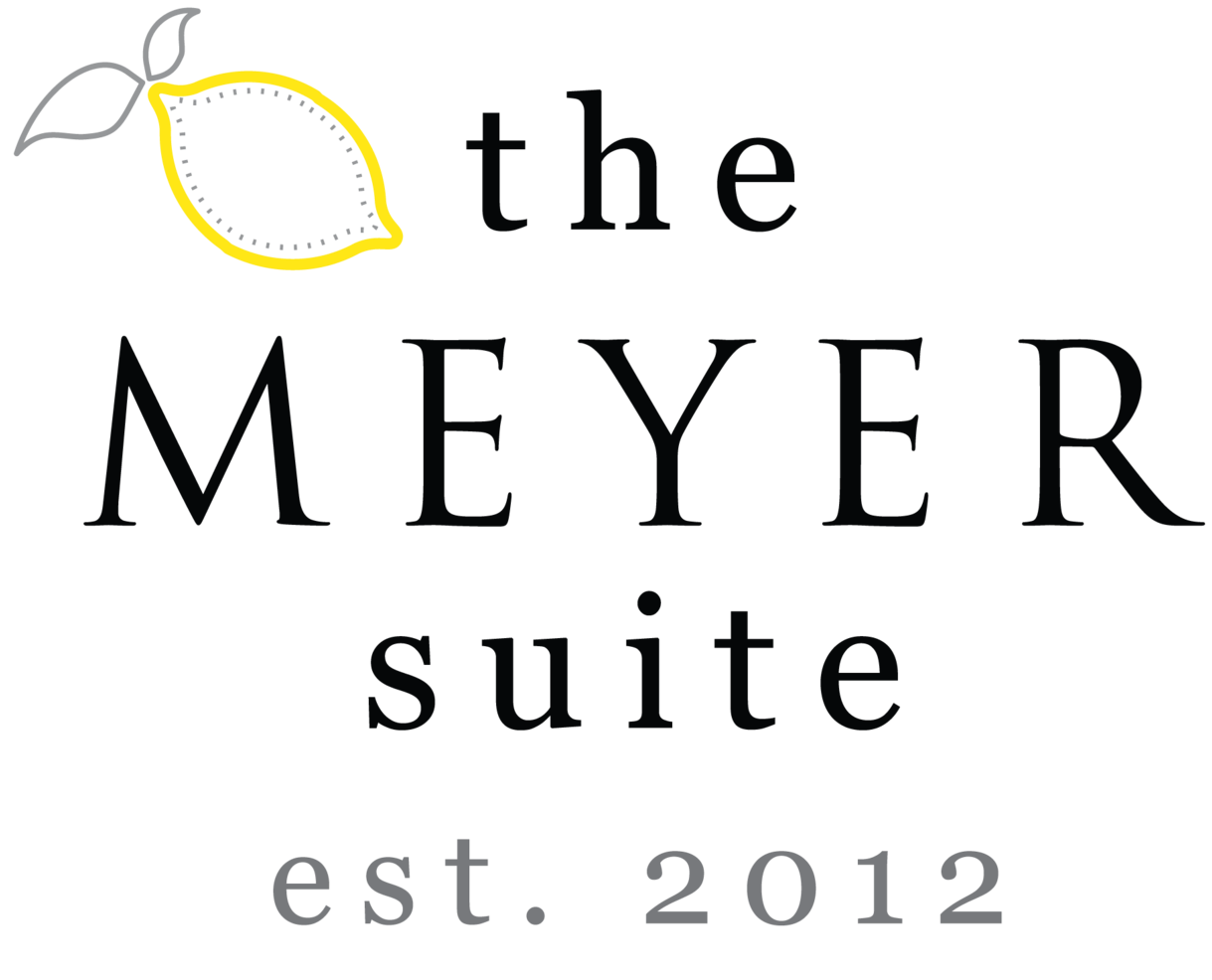I recently posted 5 short videos via on Instagram and Facebook, all of which included quick tips for resume writers.
I’m not a “resume expert,” but I do review a lot of resumes, and listen to my clients (employers) tell me what they think about when they are looking at resumes. So what I am, is a bridge between resume-writer, and your future employer. This is info you may not know you need to know.
_____
Here’s a recap of those video posts, and why both job-seekers and employers should take note:
Job-seeker/resume-writer: you should be curious about what I (a resume reviewer) see, what jumps out, and how I interpret some of the details within resumes that are often overlooked. Teasers for the resume tips I shared video clips:
How (and why) to not date yourself [watch video]
The case for “regionalizing” your resume, and getting “specifically vague” [watch video]
Possibly, the most important 6 seconds of your career [watch video]
Your true career history; no “alternative facts” [watch video]
It’s not you, it’s me [watch video]
Employer/client/recruiter/hiring agent: I encourage you, too, to watch these short videos (they are each just 60 seconds long). And here’s what you take away from these tips:
If you receive a resume that includes a date of some sort when “saved as” (as in, the file name that you see as you double-click to open it), and it is anything other than within a few days of the document being sent to you, wonder why and/or ask about it! Has this person been job-searching for an extended period of time? Was the last time this person saved her/his resume quite some time ago? If this person was working for you, would you care that s/he noticed this type of detail?
You cannot (and should not) discriminate against an applicant because of where s/he lives; if you find yourself doing that, do ask yourself why you are doing that and if this is an otherwise strong candidate. Worth exploring further?
What assumptions are you making about a candidate within 6 seconds of looking at her/his resume? Highlight or circle the areas that pulled you in, and use them as a base for your first interview. Whether the applicant knows these things stick out or not, you noticed them first.
Don’t take bullet points for face value. Responsibility-wise, the bullet points resume-writers list are not weighted equal, and usually flow from most significant responsibility down. Ask a candidate to talk through how her/his responsibilities truly were distributed.
Resumes explain what an applicant has done. But you are concerned with how what s/he did will affect you; so the resume is now about YOU and the role you need filled. You need to move swiftly through the process of understanding her/his career past and move into the applicability to your open role; the applicant should be helping you get there.
For both resume-writer and resume-reviewer, these are quick tips and I’m just touching the surface of importance. If you have questions about these tips, please email me, or post in the Comments section here.
- Elizabeth

